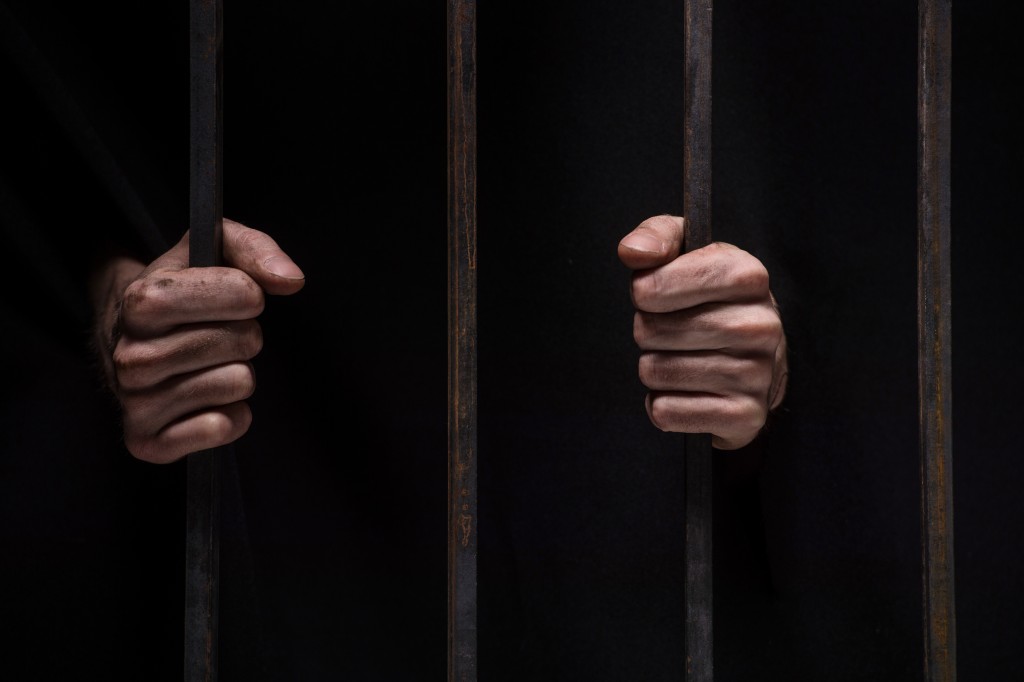Republican presidential frontrunner Donald Trump’s extreme call for an immigration policy plan that prevents Muslim immigrants from remaining in the United States may already be underway.
Anywhere between 70 and 100 immigrant detainees seeking asylum from political violence in the United States were deported back to India, Bangladesh, and Nepal on Sunday night, according to Fahd Ahmed, the executive director of the immigrant advocacy group Desis Rising Up & Moving (DRUM). Ahmed said that the majority of the Bangladeshi detainees are Muslim, and about half of the other deported detainees are Sikh.
Because of their religious and political beliefs, being forced to return to their home countries could mean harsh treatment or even death for some these asylum seekers. Bangladeshis are especially at risk of danger if they’re affiliated with the opposition party. In India, Sikhs are vulnerable to the growing unrest and violence in the Punjab region.
“It is alarming that the State Department is getting involved in matters of immigration, detention, and deportation, and so recklessly jeopardizing the lives of asylum-seeking migrants who are escaping repressive and dangerous conditions,” Ahmed said.
Ahmed also said the push to deport Muslim asylum seekers is concerning considering the current anti-Muslim climate in the United States. Following last year’s terrorist attacks in Paris, France, there’s been an increase in Islamophobic incidents cropping up around the country. Both Trump and his opponent Sen. Ted Cruz (R-TX) have called for police surveillance in Muslim neighborhoods in the United States in the aftermath of the Brussels terrorist attacks.
“The reality is that the current administration has been implementing those policies already for keeping those immigrants out and setting higher standards for both South Asian immigrants and Muslim immigrants,” Ahmed told ThinkProgress. “From our perspective, it’s actually the practice of such policies which set the tone for anti-Muslim or anti-immigrant sentiments to rise. Because it provides a stamp of legitimacy to that sort of bigotry.”
Last week, the Not1More immigrant advocacy campaign reported that U.S. federal immigration authorities started ramping up efforts to begin the deportation process by “transporting South Asian detainees to Florence, Arizona, as a staging ground for impending mass deportation.”
“They are gathering all of us here from across the different jails, but none of the men here want to be sent back,” Manik, an immigrant detainee set to be deported, told Not1More. “Most are terrified and crying about what will happen to them if they are sent back.”
According to the Dhaka, Bangladesh-based news outlet Newsnext Bangladesh, the U.S. Embassy in Dhaka may have called on the Bangladeshi government to check the identities of the immigrants for possible removal. Their names were reportedly leaked to the Bangladeshi media.
Many of the immigrants who may be deported have sought asylum in the United States because of their affiliation with the Bangladesh National Party (BNP), the country’s second-largest political party. The Department of Homeland Security (DHS) has labeled the party as an undesignated “Tier III” terrorist organization, though some immigrant advocates say there isn’t enough evidence to prove that. The political tension in the country has resulted in more than a dozen murders in the lead-up to local elections.
DRUM has helped to coordinate advocacy efforts for the detainees over the past six months. Some asylum seekers participated in a series of hunger strikes last year, ending their week-long strike only after the U.S. Immigration and Customs Enforcement agency brought in the Bangladeshi Consul General to pressure the group to break their strike.
“I knew if I go back, I’m going to lose my life so I decided with other detainees that if we die, we’ll die here without eating,” one 31-year-old Bangladeshi national, whose affiliation with the BNP made him ineligible for asylum and resulted in 11 months of detention, previously told ThinkProgress. “We don’t want to lose our lives — we came all the way from Bangladesh to save our lives. If we die, why not die here? Why go back?”
Jan Meslin, Director of Social Change Development at the advocacy group Community Initiatives for Visiting Immigrants in Confinement (CIVIC), who visited two immigration detention centers last year as immigrants were refusing food, told ThinkProgress on Monday that a Bangladeshi national she visited in November was still being detained. She noted that the men who went on hunger strikes have family sponsors waiting for them in the United States and that most have been detained for more than one year.
“I was told recently by a person detained that if deported to Bangladesh, he will be sent right to harsh treatment in prison,” Meslin wrote via email. She also noted that it was “common” to “see $10,000, $15,000, or $20,000 bonds these days for asylum seekers.”
Bangladesh has one of the highest numbers of asylum claims to the United States, with the number of applications climbing to 584 in the 2014 fiscal year, according to U.S. Department of Justice statistics. Fewer than ten percent of those applicants were granted asylum that year.
Last week, seven asylum seekers held a protest outside former Secretary of State Hillary Clinton’s campaign headquarters in Brooklyn, New York, saying that they would be deported back to their deaths if they were sent back to Bangladesh. And Democratic congressional lawmakers like Reps. Joe Crowley (D-NY), Mike Honda (D-CA), and Judy Chu (D-CA) have called on Department of Homeland Security Secretary Jeh Johnson to halt the deportation of other South Asian immigrants who may soon be forced to return to their home countries.
“Given concerns surrounding their asylum proceedings, we strongly request that the deportations of these individuals be delayed by two months to allow for their cases to be reevaluated and allow their lawyers time to file motions to reopen and emergency stays of removal,” Honda and Chu said in the letter.









